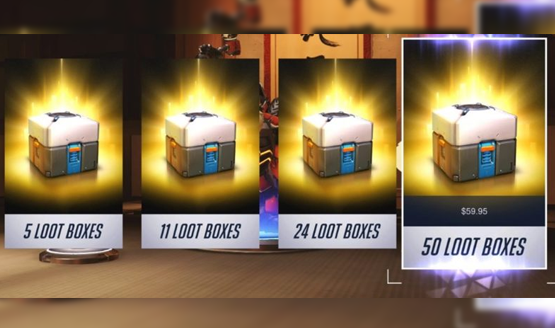The conversation surrounding microtransactions has been stuck at a certain roadblock for a while now. Every time a game comes along that incorporates them in some overreaching way, the conversation inevitably becomes a battle of those who like said game and those who don’t, and the real issue gets lost in the shuffle. In general, the attitude regarding microtransactions is tied…







